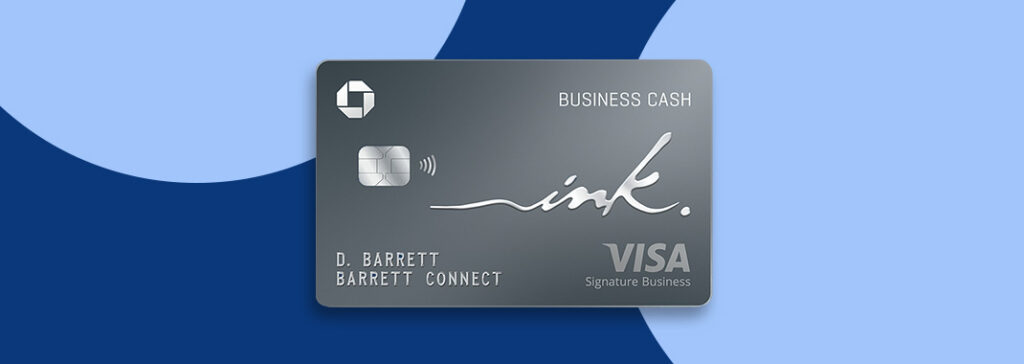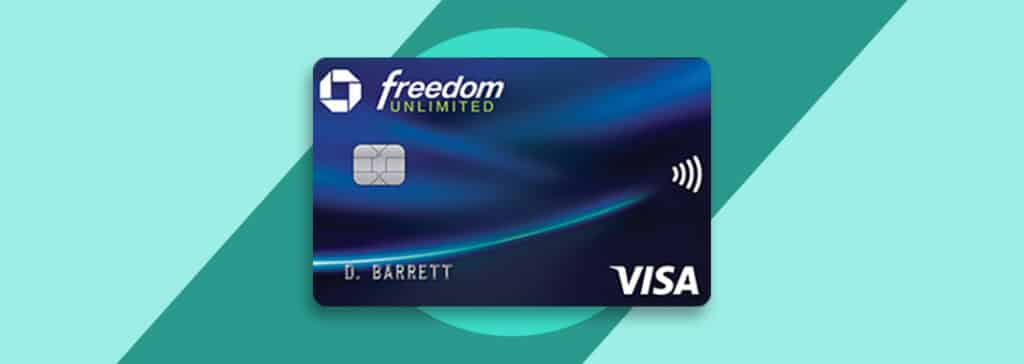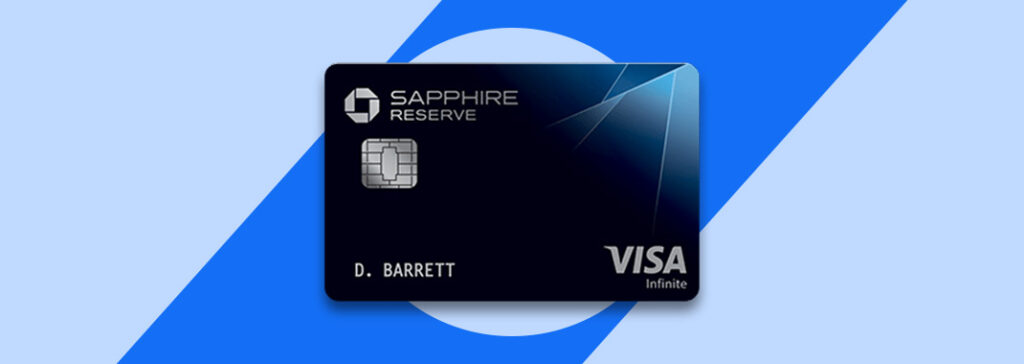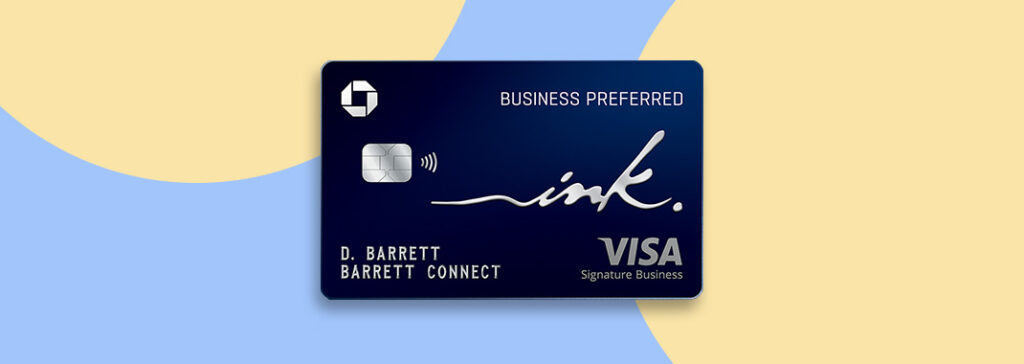Most products on this page are from partners who may compensate us. This may influence which products we write about and where and how they appear on the page. However, opinions expressed here are the author's alone, not those of any bank, credit card issuer, airline or hotel chain. This page may include information about American Express products currently unavailable on Slickdeals. American Express is not a partner of Slickdeals.
A solid credit score comes with a lot of perks. Good credit can help you qualify for the things you want and need—like a mortgage, an auto loan or a sweet welcome offer on a rewards credit card. It may also help you save money on everything from interest rates to security deposits to your auto insurance premiums.
If your credit score needs some work, there's good news. In many cases you can improve your credit score with a few simple steps. It all starts with understanding what affects your credit score. Payment history, credit utilization and the length of your credit history are a few examples. From there, you can build a plan to maximize your personal credit score in any area where there's room for improvement.
Start by Checking Your Credit Report
Every credit improvement plan should start with a review of your credit reports from Equifax, TransUnion and Experian. Credit scoring models, like FICO and VantageScore, base your credit scores on the information found on those three reports. So, understanding what is on your credit reports and how those details shape your credit scores is essential if you want to boost those important numbers.
AnnualCreditReport.com provides an easy way to check your credit reports. The website helps you access the free reports you're entitled to under the Fair Credit Reporting Act (FCRA) once every 12 month. Even better, the three credit reporting agencies are now offering free weekly credit reports to U.S. consumers through the same website in light of the COVID-19 pandemic. If you want a service that will inform you when something changes on your report, a credit monitoring service may be worth considering as well.
When you review each of your credit reports, pay attention to the following:
- Make a note of any information that might be hurting your credit score. Late payments, collection accounts, credit cards with a high balance-to-limit ratio and too many hard credit inquiries are a few examples that we'll cover below.
- Watch for credit reporting errors. Accounts that you don't recognize, invalid account balances, incorrect late payments and credit inquiries you didn't authorize could all cause you problems.
Dispute Any Credit Errors
A Federal Trade Commission (FTC) study reveals that credit errors are more common than many people realize. Per the FTC, one in four consumers have errors on their credit reports that might impact their credit scores. Credit errors can damage your credit score, potentially making it harder and more expensive for you to borrow money. So, if you discover credit reporting mistakes it's important to do something about them.
The FCRA empowers you with the right to challenge inaccurate information on your credit report. You can send a dispute to the appropriate credit reporting agency and it must investigate your claim—typically within 30 days or less.
There are companies you can hire to send disputes on your behalf. But you can also manage the dispute process on your own—free of charge. The Consumer Financial Protection Bureau (CFPB) even provides free dispute letter templates you can use to make the process easier.
Make On-Time Payments
Good credit scores and positive payment history go hand in hand. In fact, 35% of your FICO® Score comes from your payment history. If you want to improve your credit score (or keep the good credit you've already worked hard to earn), on-time payments are a must.
Even the occasional missed payment might be a big deal where your credit scores are concerned. Late payments will affect everyone differently, based on the overall makeup of their credit reports. In general, the higher your credit score, the more room it has to fall when a new late payment occurs. FICO research shows that someone with a 793 credit score might experience around a 60-80 point decrease in their credit score if they miss a payment by 30 days.
Thankfully, there are a few strategies you can use to help avoid late payments (and the accompanying credit score damage they often cause).
- Review and tweak your monthly budget often to avoid overspending.
- Set up automatic payments to prevent missing due dates by accident.
- Schedule payment reminders on your smart phone or online calendar.
Pay Down Credit Card Debt
You probably already know that paying down credit card debt can save you money in interest. (The average credit card interest rate is just over 16% according to the Federal Reserve, but will be increasing in 2022.) What you might not realize is that reducing credit card debt might also improve your credit score.
FICO and VantageScore credit scoring models both pay close attention to a factor known as your credit utilization rate. Credit utilization describes the percentage of your available credit card limits that you're using (based on your credit report). For example, if you have a $5,000 balance on a credit card with a $10,000 limit, your credit utilization rate is 50% for the account.
VantageScore recommends keeping your credit utilization at 30% or less. Yet it's better to aim for a credit utilization rate of less than 10%, and as close to 0% as possible is best.
Slick tip: Even if you can't pay off your credit card debt all at once, your credit score might improve in increments as you slowly chip away at your balances.
Consider using the debt avalanche method below to save money and potentially speed up the credit card debt elimination process.
The Debt Avalanche Method
- Make a list of your credit card balances and interest rates.
- Arrange your list from the account with the highest interest rate to lowest.
- Pay as much money as you can each month toward the credit card with the highest interest rate.
- Make the minimum payment on every other account.
- After you pay off the card with the highest interest rate, move down the list and repeat the process.
Keep Your Credit Cards Open
One of the more common credit mistakes I've seen over the years is people closing credit cards in the hopes of improving their credit score. And while there are some valid reasons for closing a credit card (such as canceling joint credit cards in a divorce), those credit card closures don't help your credit scores. In fact, they might do the opposite.
Closing a credit card is more likely to hurt your credit score than help it.
The reason closing a credit card might trigger a credit score drop is because the account closure could increase your overall credit utilization rate. Here's an example. Imagine you have the following three credit card accounts.
| Balance | Limit | Utilization Rate | ||
|---|---|---|---|---|
|
Credit Card #1 |
$5,000 |
$5,000 |
100% |
|
|
Credit Card #2 |
$0 |
$10,000 |
0% |
|
|
Credit Card #3 |
$7,500 |
$10,000 |
75% |
|
|
Overall |
$12,500 |
$25,000 |
50% |
|
| Aggregate Credit Utilization | 50% | |||
As you can see, the overall or aggregate credit utilization rate for the three credit cards above is 50%. Now, let's take a look at what happens if you decided to close Credit Card #2 with a $0 balance.
| Balance | Limit | Utilization Rate | ||
|---|---|---|---|---|
|
Credit Card #1 |
$5,000 |
$5,000 |
100% |
|
|
Credit Card #3 |
$7,500 |
$10,000 |
75% |
|
|
Overall |
$12,500 |
$15,000 |
83% |
|
| Aggregate Credit Utilization | 83% | |||
Closing Credit Card #2 would raise your overall credit utilization rate to 83%. So, even though you didn't charge up more credit card debt in the example above, your credit utilization rate would increase because you closed an unused account.
There's another reason to keep your credit cards open as well. Fifteen percent of your FICO Score is based on your length of credit history, including your average age of credit. Closing a credit card doesn't erase the account from your credit report, so it won't reduce your average age of credit right away. However, the credit bureaus purge closed, positive accounts from your credit reports after 10 years. A decade down the road when the account comes off your credit report, it might hurt your credit score again.
Don't Apply for Unnecessary Credit
Any time someone checks a copy of your credit report, the credit bureau that shared your information adds a record to your report. This record is known as a credit inquiry.
Some credit inquiries are harmless where your credit score is concerned. These "soft" credit inquiries occur when you check your own credit, for example, or when a company reviews your credit for advertising purposes.
Other credit inquiries—called "hard" inquiries—do have the potential to damage your credit score. The most common type of hard inquiry takes place when you apply for financing.
Still, it's important to keep the effect that hard inquiries may have on your credit score in perspective.
- Inquiries are one of several factors that influence just 10% of your FICO Score.
- One additional hard credit inquiry lowers credit scores by less than five points for most people, according to FICO. And some hard inquiries won't affect your credit score at all.
Because of the facts above, you don't need to be afraid to apply for new credit when you need it, or when you want to take advantage of a good deal. Just don't apply for new credit excessively and you should be in good shape here.
Ways to Increase Your Credit Score Quickly
When it comes to credit improvement, many strategies take time to make a meaningful difference. Yet there are some actions that have the potential to increase your credit score quickly.
- Try Experian Boost. This service gives Experian permission to comb your bank account for bills like your utilities, cell phone and certain streaming services. If you have positive payment history on eligible accounts, Experian Boost will add them to your Experian credit report. According to the credit bureau, the average Experian Boost user improved their FICO Score by 13 points.
- Reduce your revolving utilization. As mentioned, lowering your revolving utilization ratio can sometimes boost your credit score quickly. But paying down your credit card balance isn't the only way to reduce credit utilization. You can also ask your credit card issuer for a credit limit increase. If your credit card company approves the request, your credit utilization rate could go down and trigger a credit score increase in return.
- Become an authorized user. Asking a loved one for a favor is another out-of-the-box way to possibly improve your credit score. When a family member or friend makes you an authorized user on a positive credit card account (aka no late payments and low utilization), it might help your credit score. Just be aware that a poorly managed credit card account could have the opposite effect.
Bottom Line
Earning a better credit score is a goal that is worth your time and energy. If you're successful, your efforts can pay off in meaningful ways, such as money saved and better financing options.
Just remember to be patient on your journey toward better credit. Significant credit score improvement usually takes time. However, with each step in the right direction, you may start to enjoy some of the perks of good credit long before you reach your final destination.








